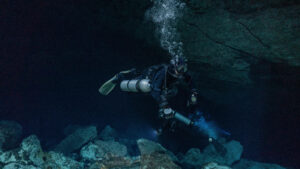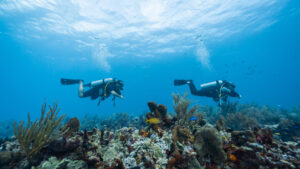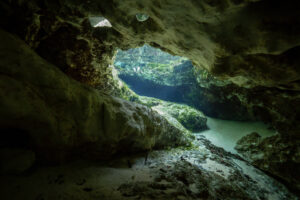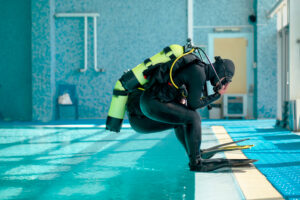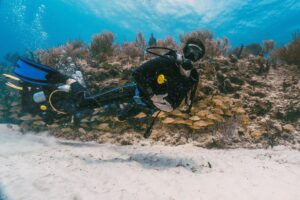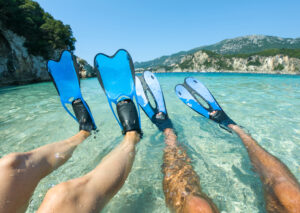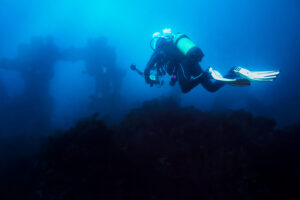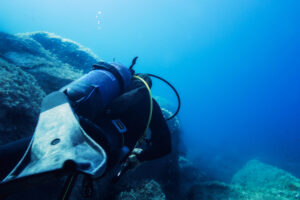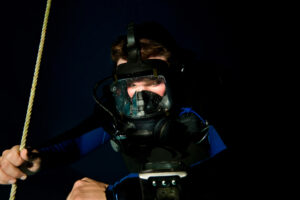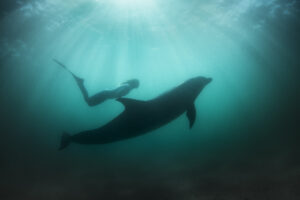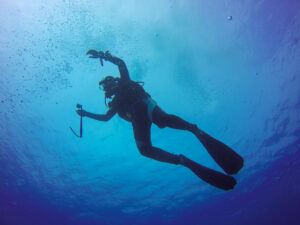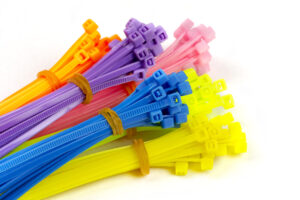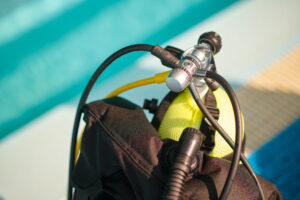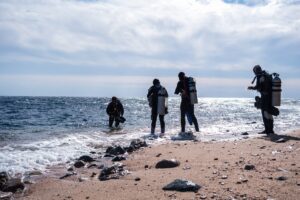PADI – Professional Association of Diving Instructors
The Professional Association of Diving Instructors (PADI) is an internationally recognized organization that provides training, certification, and support to recreational scuba divers and dive professionals. Established in 1966, PADI has grown to become one of the largest and most influential certifying agencies worldwide. With a focus on safety, education, and environmental conservation, PADI has played a significant role in shaping the scuba diving industry and fostering a global community of divers.
History
PADI was founded in the United States by two experienced divers, John Cronin and Ralph Erickson, who envisioned a more accessible and structured approach to scuba diving education. Dissatisfied with the existing training methods, they established PADI with the goal of creating a standardized curriculum and a system that prioritized safety and enjoyment. Over the years, PADI has continually evolved to meet the changing needs of the diving community and has expanded its global reach to more than 175 countries.
Training and Certification
PADI offers a comprehensive range of courses designed for individuals at different stages of their diving journey, from beginners to experienced professionals. The PADI training system is based on a progressive model, allowing divers to build their skills and knowledge through a series of courses. Each course consists of three components: academic study, confined water (pool) training, and open water dives.
- Open Water Diver: This entry-level course is designed for individuals with no prior scuba diving experience. Students learn the basic principles of scuba diving, including dive theory, equipment use, and underwater communication. Upon successful completion, participants are certified to dive up to 18 meters (60 feet) with a buddy.
- Advanced Open Water Diver: This course builds on the foundational skills learned in the Open Water Diver course, introducing divers to more advanced techniques such as deep diving, underwater navigation, and night diving. Divers must complete five adventure dives to obtain this certification, allowing them to dive up to 30 meters (100 feet).
- Rescue Diver: This course focuses on developing the skills and knowledge required to assist and manage diving emergencies. Participants learn how to identify and prevent potential problems, as well as how to respond effectively in emergency situations.
- Divemaster: The first professional-level certification, Divemasters are trained to assist PADI Instructors, guide certified divers, and conduct certain PADI programs. This course emphasizes leadership, problem-solving, and the development of specialized diving skills.
- Instructor Development Course (IDC): The IDC prepares candidates to become PADI Open Water Scuba Instructors. This comprehensive program includes academic presentations, teaching techniques, and in-water skill demonstrations.
Specialty courses are also available for divers interested in specific areas of diving, such as wreck diving, underwater photography, or drift diving. Additionally, PADI offers a range of technical diving courses for those seeking to explore deeper depths and more challenging environments.
Environmental Conservation
PADI is committed to promoting environmental awareness and conservation within the diving community. Through its Project AWARE initiative, PADI supports various conservation projects, including efforts to protect endangered species, remove marine debris, and advocate for sustainable tourism practices. PADI also encourages divers to become citizen scientists by participating in programs such as Dive Against Debris and Adopt a Dive Site.
Global Community
With more than 6,600 dive centers and resorts, and over 137,000 PADI professionals worldwide, PADI has fostered a diverse and vibrant global community of scuba divers. PADI’s vast network allows divers to connect with like-minded individuals, share their experiences, and explore new dive sites across the globe.
Conclusion
As one of the largest and most respected certifying agencies, PADI has played a pivotal role in shaping
the scuba diving industry and promoting safe, responsible, and environmentally-conscious diving practices. Through its comprehensive training system, PADI has successfully prepared millions of individuals for their underwater adventures, empowering them to explore the wonders of the marine world with confidence and skill. By cultivating a global community of divers and emphasizing the importance of environmental stewardship, PADI continues to inspire a deeper appreciation for our oceans and the crucial role they play in our planet’s health and well-being.


